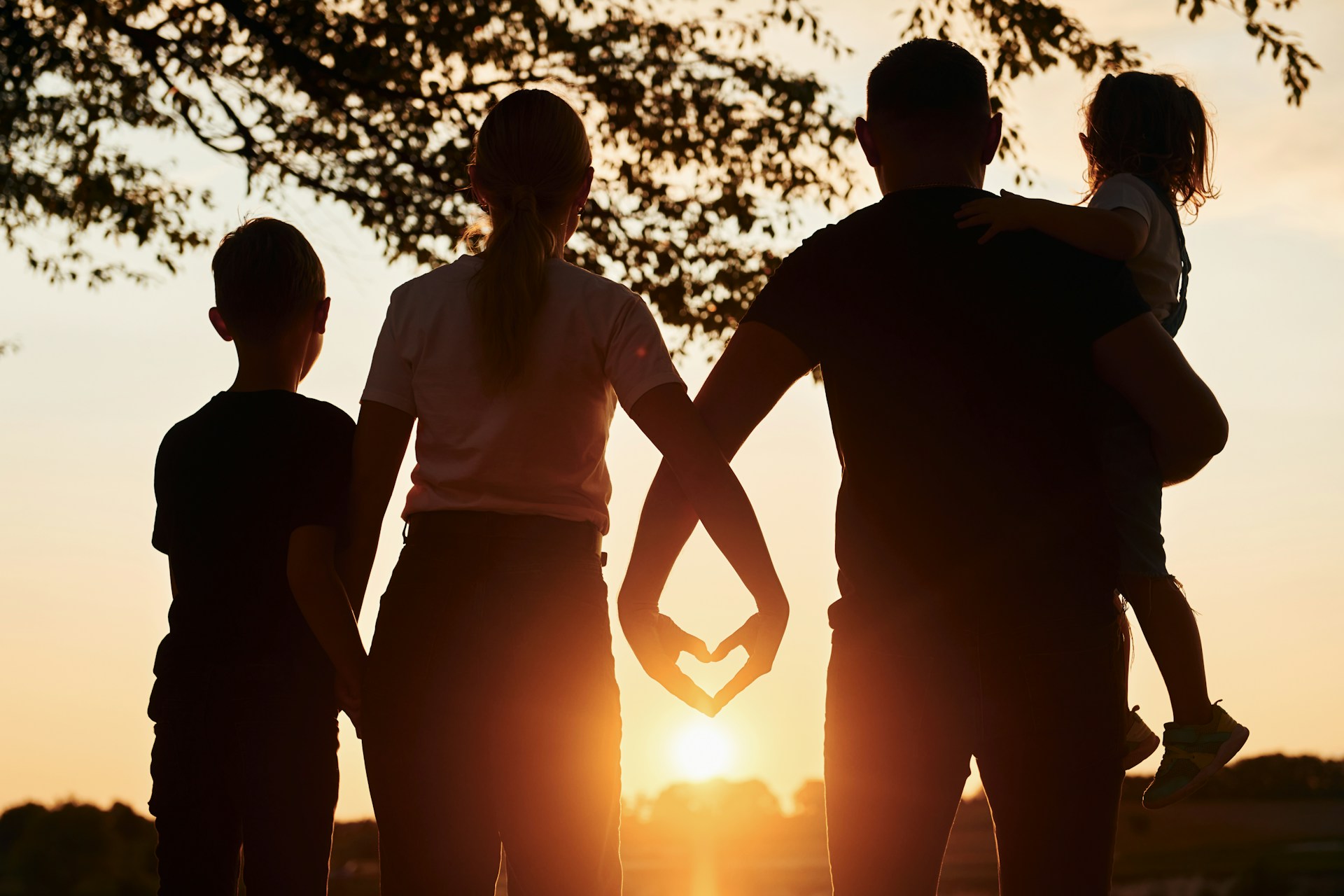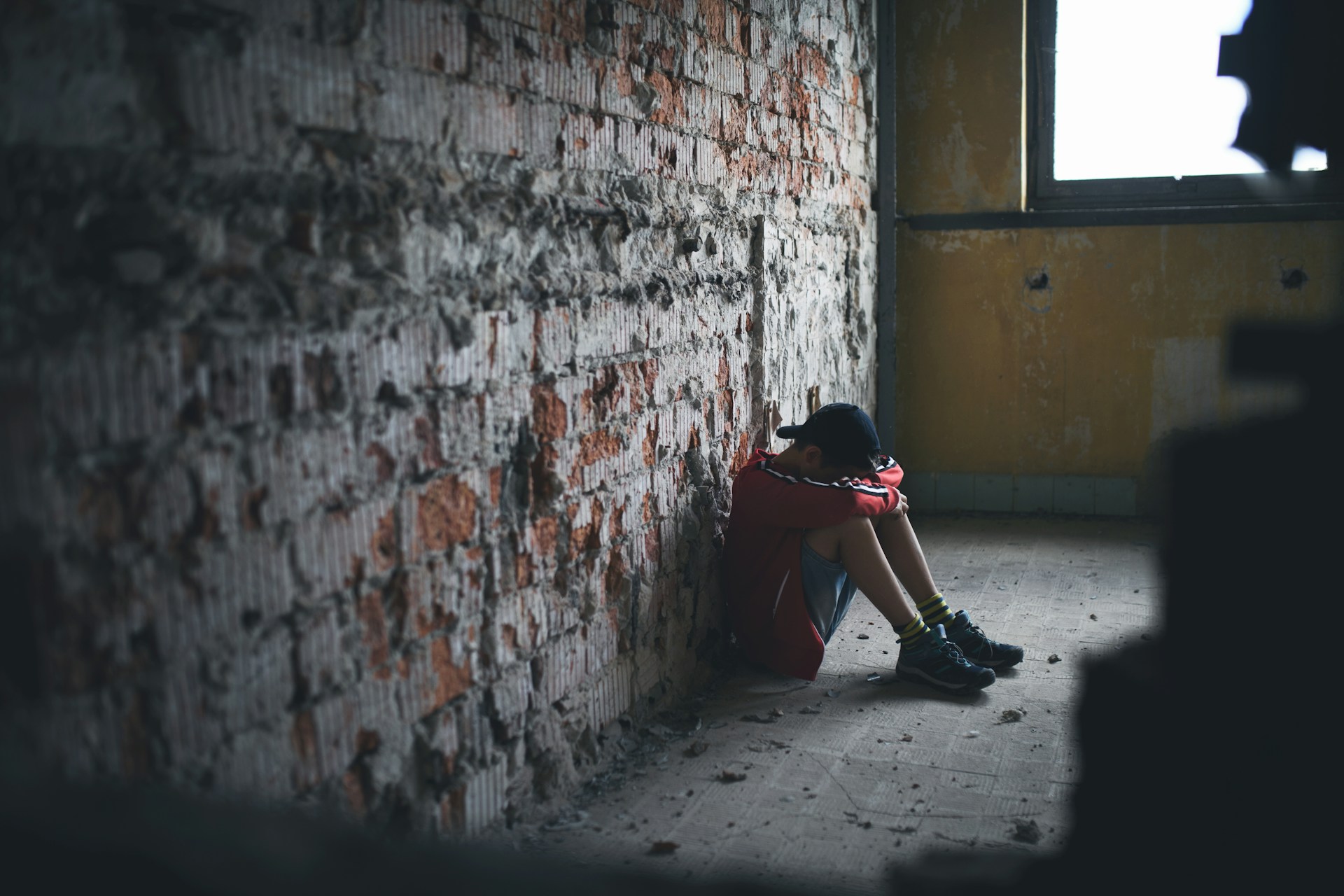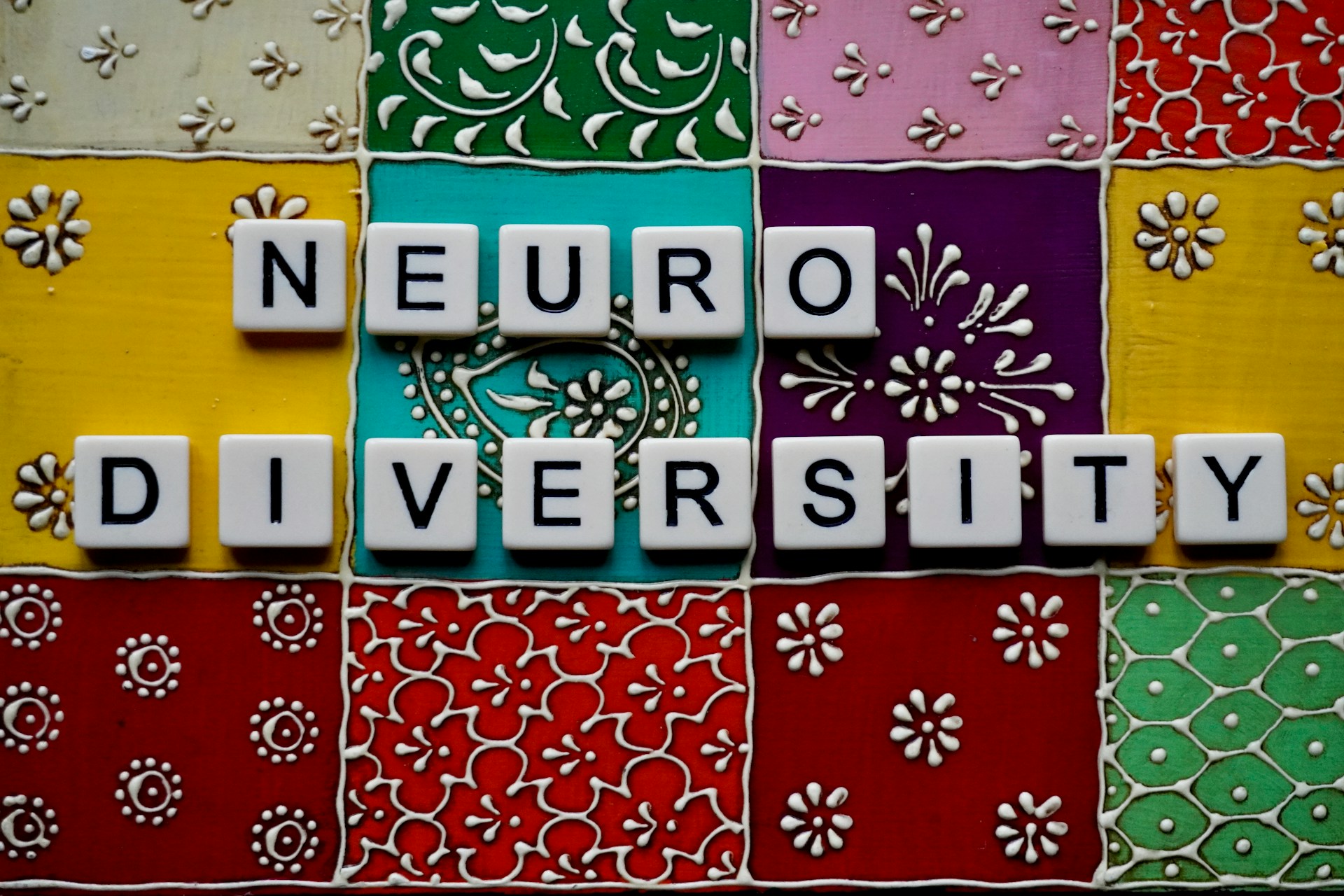Using Biblical Wisdom to Break the Cycle of Negative Thinking
We all have a mind that talks to us. The brain uses it to replay experiences (via thoughts that pop up as we go about our day), to help us make decisions, and to guide future choices. These thoughts, however, are not always accurate or true. At times we can fall into a cycle of negative thinking. In the space between stimulus (what happens) and how we respond, lies our freedom to choose. – Stephen R. Cove Due to a survival-based trait known as negativity bias, the brain is wired to pay more attention to negative experiences and anything that could potentially be dangerous or pose a threat. As a result, negative thoughts tend to stick with us more firmly, and we may not even notice the many positive things in our surroundings. Examples of Negative Thinking Ruminating You get stuck in an unproductive loop of negative thoughts and feelings about past distressing experiences, mistakes, or events, and keep replaying the details repeatedly in your mind Overgeneralization You assume that because something happened one way, it will always happen that way. So, for instance, a negative experience in one situation is an indicator of a never-ending pattern of defeat. Mental filtering You discount the good in a situation and see only the bad. You may, for instance, feel as though your accomplishments don’t count, or focus on a negative detail of something instead of a realistic appraisal of the whole. All or nothing thinking You see everything in extremes of black or white, or good or bad, with no middle ground. One mistake, for instance, can lead you to believe that you are a complete failure. Jumping to conclusions You think you know what the outcome of things will be and are quick to jump to conclusions, interpret situations, [...]












